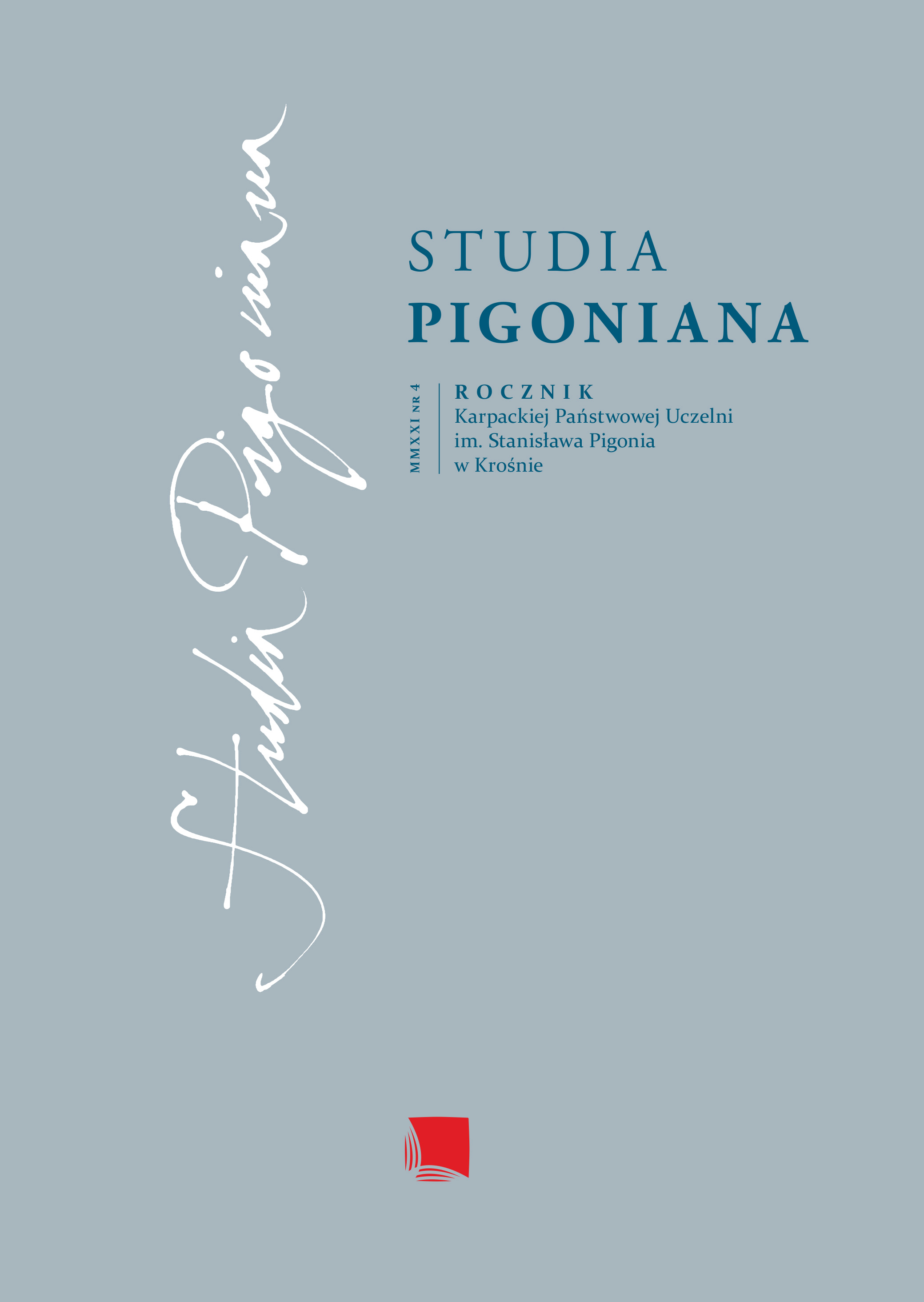Что делает дьявол на нашем диване?
What is the Devil Doing on our Sofa?
The Holocaust and the Leningrad Blockade in the Prose of Sylvia Chutnik, Igor Ostachowicz, Andrei Turgenev
Author(s): Irina AdelgejmSubject(s): Language and Literature Studies, Studies of Literature, Polish Literature, Russian Literature
Published by: Wydawnictwo Naukowe PIGONIANUM
Keywords: Holocaust; the Siege of Leningrad; post-memory; big narrative; historical trauma; Warsaw; Muranów; grotesque; deconstruction; provocative therapy of F. Farrelli
Summary/Abstract: The article analyzes the texts of the Polish authors Igor Ostachowicz and Sylvia Chutnik and the Russian writer Andrei Turgenev (the pen name of Vyacheslav Kuritsyn), generated by post-memory perspective, sooner or later revealing and filling the «blank spots», through the feeling that an adequate discourse has not been worked out or the existing discourse «doesn’t work». The literary texts refer to the part of historical trauma that was not (at all or sufficiently) worked through, was repressed because of its shameful or, at least, non-heroic nature, which prevents the inclusion of this experience into the «big narrative». The main question that the author of the article is trying to answer concerns the psychological and artistic reasons for using grotesque, sarcasm, and black humor when referring to topics sacralized by the very scale of human tragedy – the experience of the Holocaust and the Siege of Leningrad.
Journal: Studia Pigoniana
- Issue Year: 4/2021
- Issue No: 4
- Page Range: 103-119
- Page Count: 17
- Language: Russian

